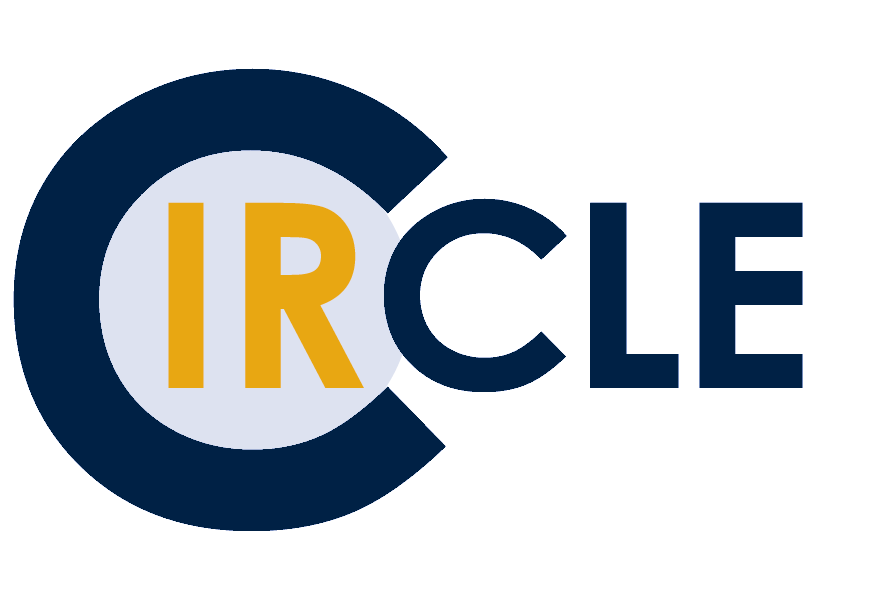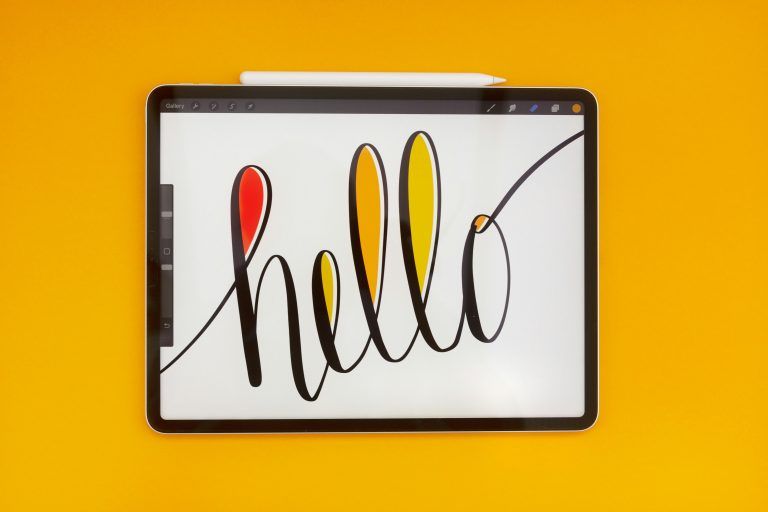Photo courtesy of Unsplash.
What is cIRcle?
cIRcle is UBC’s open access digital repository for the scholarly and research outputs of the UBC community and its partners. Our aim is to showcase and preserve UBC’s unique intellectual output by making content freely available to anyone, anywhere. cIRcle uses DSpace software to create and manage content while all materials are publicly viewable via Open Collections, UBC Library’s multi-repository discovery platform. As an institutional repository, cIRcle also receives high indexing on cIRcle materials in Google and Google Scholar.
What do we accept?
cIRcle accepts born-digital scholarly materials created by UBC faculty, researchers, staff, graduate and undergraduate students, and community partners. This can include articles, reports, theses and dissertations, graduating projects, presentations, podcasts, and more. More information about materials that benefit from being added to cIRcle can be found on our Content Guidelines page.
Who is using cIRcle at UBC?
cIRcle contributors extend across both UBC Vancouver and UBC Okanagan campuses and include a network of community partners and affiliates. Faculty may be interested in adding their works to the more than 9,000 faculty research and publications in cIRcle. Students also benefit from a UBC-sponsored open platform for sharing their exceptional scholarly outputs. In Open Collections, use keyword searches, facets and the Advanced Search to find materials in your research areas. See also our annual Impact and Activity Reports for partnership highlights.
What are the benefits of using cIRcle?
There are many advantages to using cIRcle such as:
- Fulfills requirements of Tri-Agency Open Access Policy on Publications
- Provides persistent links such as DOI and URI to share work confidently
- Preserves long-term access to UBC research for future generations
- Metadata standards ensure materials are easy to find
- The Open Collections API allows you to push cIRcle content to your own website
- Mediated deposit makes it easy—give us content and permissions and we do the rest!
Need help getting started?
Contact us and we can help you share your research with the world.

